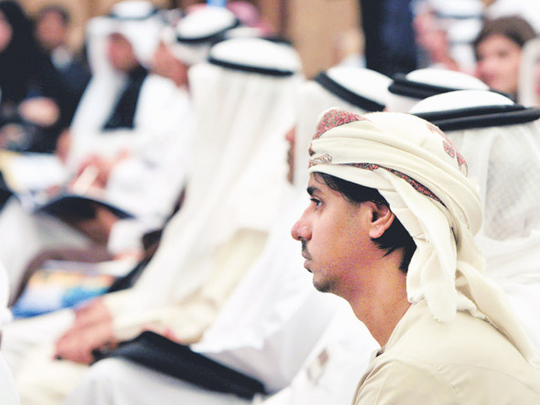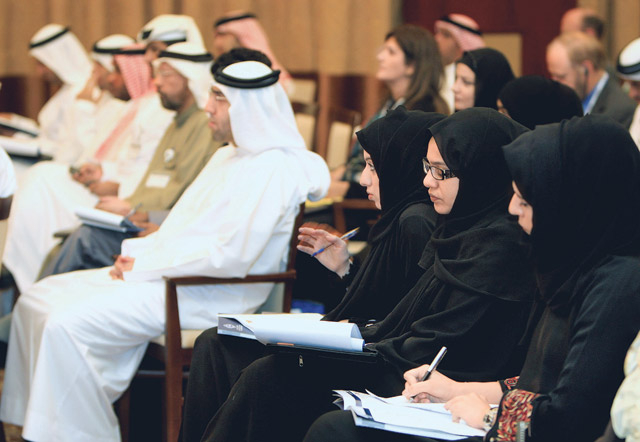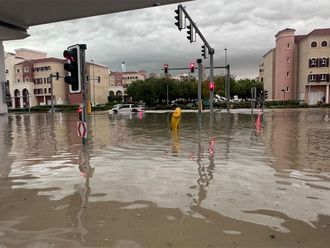
Abu Dhabi: The GCC employs 17 million foreign workers, but has more than one million unemployed citizens, Bahrain's Minister of Labour said yesterday, warning the influx of foreigners poses "a threat to our existence".
Dr Majeed Al Alawi cited the situation in Singapore and the Maldives, "where foreign workers had been brought on temporary contracts and are now ruling these countries".
He was speaking at the 15th annual conference of the Emirates Centre for Strategic Studies and Research focusing on education and the labour market.
Dr Al Alawi, who is driving labour reforms in Bahrain, said 50 per cent of projects in the Gulf have come to a halt due to the economic crisis. "But this is not accompanied by a decline in the number of foreign workers. Whoever thinks this foreign manpower in the region comes for a project and leaves on its completion is wrong. They come to stay. They buy and sell in their market created on our lands but accommodate no Arab," he said.
Dr Al Alawi warned, "This way countries were lost and we, in the Gulf, are facing the same threat. If this is not happening now, it will happen in the next generation."
Availability of jobs
Humaid Al Qutami, UAE Minister of Education, said there are currently 20,000 Emirati graduates, and the labour market has more than four million job opportunities. "If we want to bridge the gap between the number of graduates each year and the jobs available in the UAE market, we need to invest more in education and encourage people to learn more about social requirements," he said.
"We need to focus on areas such as the development of the UAE curricula, specifically in public schools, and keep a close watch on the performance of teaching staff. We need to employ teachers who can be role models for students and who are well aware of the labour market requirements to help guide students," Al Qutami said.
Dr Lynn A. Karoly, a senior US economist, said education helps increase the productivity of human capital and that equality of education is the key word.
Closing the gender gap in enrolment and degree choices should be a priority for GCC countries, with emphasis on job training programmes.













